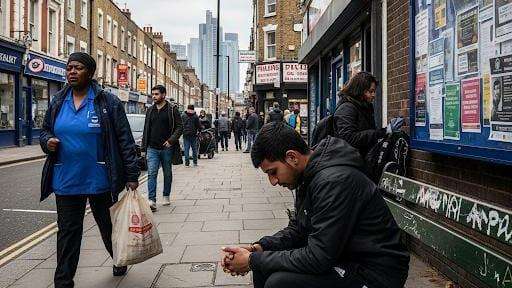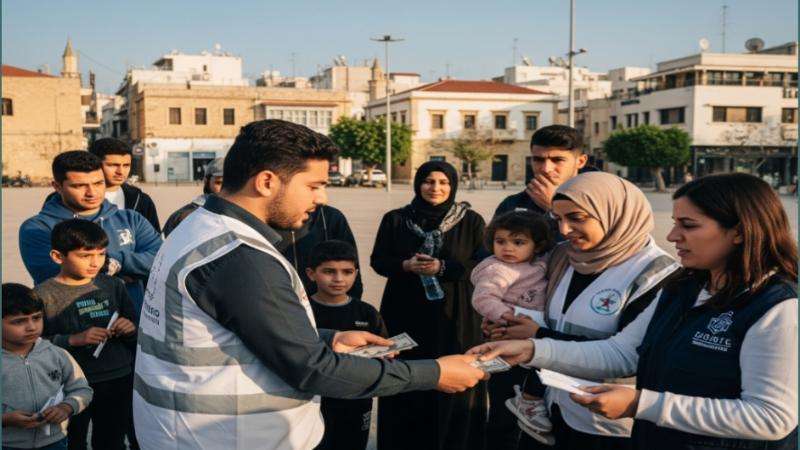In a groundbreaking move aimed at addressing its growing asylum seeker population, Cyprus has launched a new voluntary repatriation scheme offering Syrian migrants a financial incentive to return to their home country. The initiative, announced by Deputy Minister for Migration Nicholas Ioannides, provides a lump sum payment to Syrian families and individuals who agree to drop their asylum claims or relinquish their international protection status.
Under the new programme, which runs from June 2nd to August 31st, a one-off payment of €2,000 (£1,685) will be offered for one adult, with an additional €1,000 (£842) for each child in families who choose to participate. Syrian couples without children are also eligible for the financial incentive. A unique aspect of the scheme allows the main earner of families accepting the offer to remain in Cyprus with a special residency and work permit for up to three years. This provision grants them the flexibility to travel between Cyprus and Syria, enabling them to visit their families while continuing to work on the island.
The Cypriot government has reported significant interest in the programme, with Deputy Minister Ioannides stating that numerous Syrian nationals have already expressed their willingness to return and contribute to the rebuilding of their country. However, concerns regarding job prospects and economic stability in Syria remain a key apprehension for many, according to the minister. The financial aid offered through this scheme is intended to provide a crucial buffer, offering participants financial security as they seek employment and re-establish their lives in Syria.
Syrian nationals constitute the largest group of asylum seekers in Cyprus. Last year alone, 4,226 Syrians applied for asylum on the island, highlighting the substantial pressure on Cyprus's migration services. This innovative repatriation strategy represents a proactive approach by the Cypriot government to manage migration flows and support the voluntary return of asylum seekers, offering a potentially sustainable solution for both the migrants and the host country. The success of this programme will be closely watched by other European nations grappling with similar challenges.

_2.jpg)






.svg)


